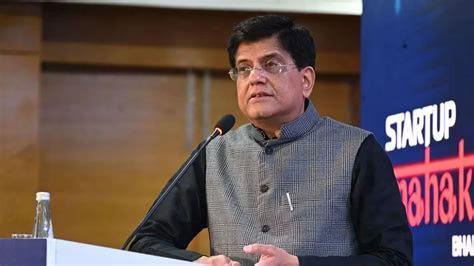
BYJU’S Insolvency: NCLAT Judge Withdraws from Appeal Hearing
The ongoing insolvency proceedings of BYJU’s, India’s leading edtech company, have taken a new turn with a significant development. Justice (retd) Sharad Kumar Sharma, a judicial member of the National Company Law Appellate Tribunal (NCLAT) Chennai, has recused himself from hearing an appeal filed by Riju Raveendran, a former employee of BYJU’s. The appeal challenges a National Company Law Tribunal (NCLT) order that reinstated BYJU’s lenders, Glas Trust and Aditya Birla Finance, into the debt-ridden edtech company’s committee of creditors.
The development has sent shockwaves through the financial and corporate circles, with many speculating about the implications on the BYJU’s insolvency saga. The NCLT had earlier ordered the reinstatement of the lenders, paving the way for the resolution of the company’s financial crisis. However, Riju Raveendran, who has been a vocal critic of BYJU’s management, has challenged this order, arguing that it was unfair and biased.
The appeal was filed by Riju Raveendran, who was a part of BYJU’s leadership team before his ouster in 2020. Raveendran has been a vocal critic of BYJU’s management, accusing them of mismanagement and crony capitalism. He has also alleged that the company’s founders, Byju Raveendran and his family members, have siphoned off funds from the company to personal accounts.
In his appeal, Riju Raveendran has argued that the NCLT order was flawed and that the lenders did not have a legitimate claim on the company’s assets. He has also alleged that the NCLT’s decision was influenced by the company’s management, who had a vested interest in the outcome of the case.
The recusal of Justice Sharma from the appeal hearing has sent shockwaves through the financial and corporate circles, with many speculating about the implications on the BYJU’s insolvency saga. The development has also raised questions about the transparency and impartiality of the NCLAT and NCLT.
The BYJU’s insolvency saga has been a closely watched affair, with many stakeholders keenly following the developments. The company’s financial crisis has been well-documented, with reports of mismanagement, crony capitalism, and siphoning off of funds. The NCLT’s order reinstating the lenders has been seen as a major step towards resolving the company’s financial crisis.
However, the recusal of Justice Sharma has cast a shadow of doubt over the appeal hearing. Many are now wondering whether the NCLAT will be able to deliver a fair and impartial verdict in the absence of Justice Sharma. The development has also raised questions about the transparency and accountability of the NCLAT and NCLT.
The BYJU’s insolvency saga is a complex and multifaceted issue, with many stakeholders having a vested interest in the outcome. The recusal of Justice Sharma has added a new layer of complexity to the case, with many speculating about the implications on the company’s future.
In conclusion, the recusal of Justice Sharma from the appeal hearing is a significant development in the BYJU’s insolvency saga. The move has sent shockwaves through the financial and corporate circles, with many speculating about the implications on the company’s future. The development has also raised questions about the transparency and impartiality of the NCLAT and NCLT.






